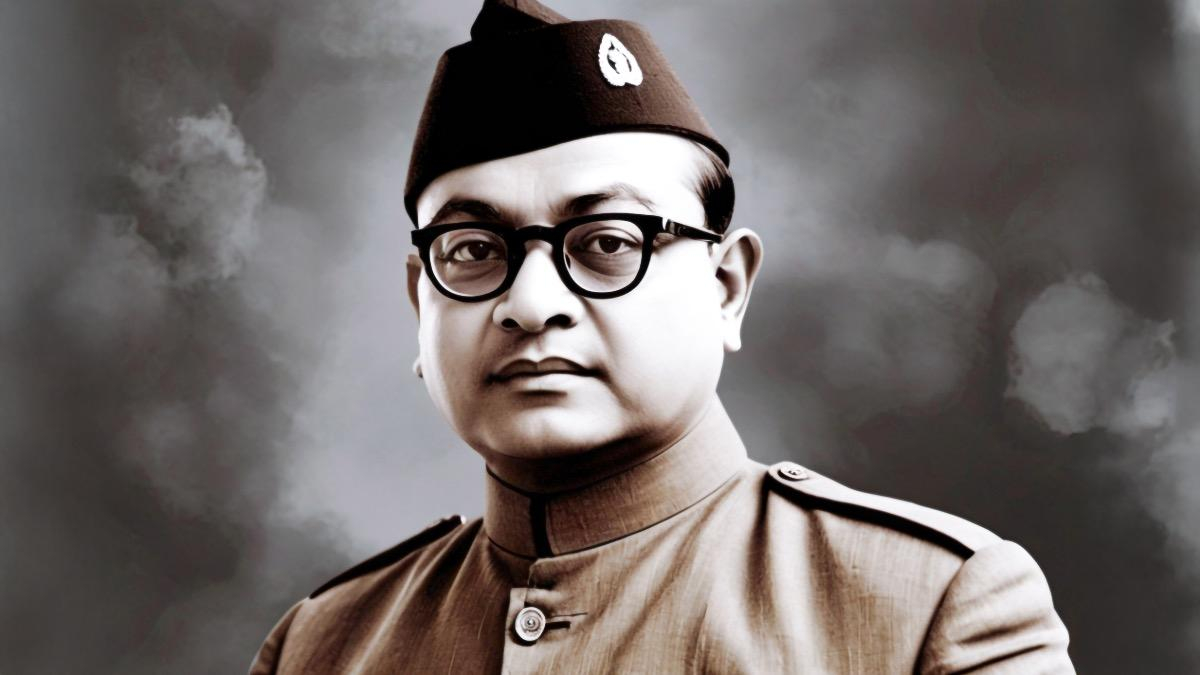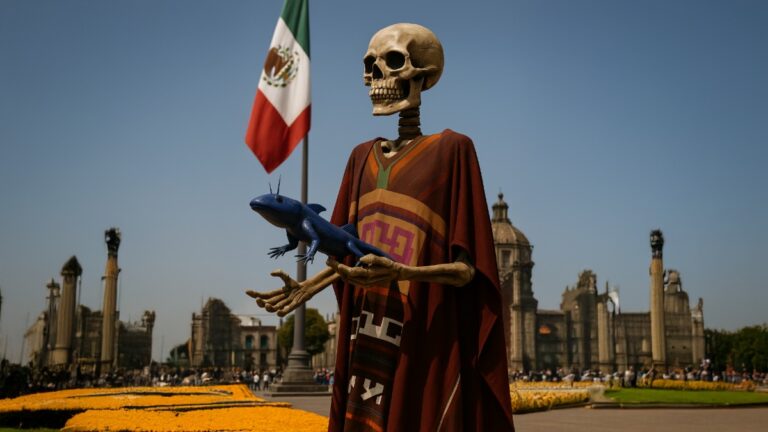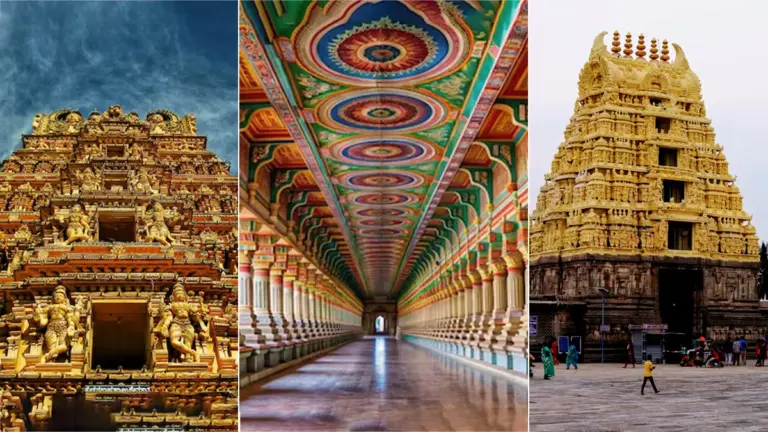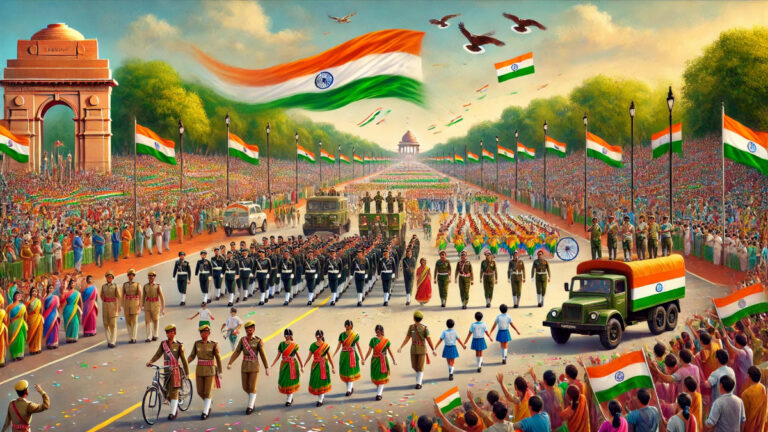1. Netaji’s Childhood and Family Roots
Subhash Chandra Bose Jayanti: Subhash Chandra Bose was born into a prominent Bengali family as the ninth of fourteen children. His father, Janakinath Bose, was a respected lawyer, and his mother, Prabhavati Devi, instilled strong values of patriotism and spirituality in him. This nurturing environment played a pivotal role in shaping his strong sense of duty towards the nation.
2. A Brilliant Scholar with an Early Inclination Towards Leadership
Netaji excelled in academics from a young age, consistently securing top ranks in school and university. He graduated with a degree in Philosophy in 1918, demonstrating an exceptional intellectual prowess that he would later channel into his leadership.
3. Cracking the Prestigious Indian Civil Services (ICS)
In 1919, Subhash Chandra Bose ranked fourth in the highly competitive Indian Civil Services examination in England. However, he resigned from the ICS in 1921, as he could not bring himself to serve the British government, which was oppressing his fellow countrymen. His decision reflected his uncompromising commitment to India’s independence. This spirit of sacrifice and dedication is remembered and celebrated on Subhash Chandra Bose Jayanti, honoring his invaluable contribution to the freedom struggle.
4. His Title: ‘Prince Among Patriots’
Subhash Chandra Bose Jayanti: German and Indian officials in Berlin referred to Subhash Chandra Bose as the “Prince among Patriots” for his unyielding dedication to India’s freedom. Even Mahatma Gandhi described him as the “Patriot of Patriots,” despite their ideological differences.
5. Inspired by Spirituality and Nationalism
Netaji was deeply influenced by Swami Vivekananda and Sri Ramakrishna Paramahansa. He believed that spirituality and nationalism were intertwined, and this belief became the foundation of his revolutionary zeal. Vivekananda’s teachings inspired Bose to dream of a united and independent India.
6. The Visionary Leader of the Indian National Congress
Bose was elected as the President of the Indian National Congress twice, in 1938 and 1939. However, his differences with Mahatma Gandhi over the methods of achieving independence led to his resignation and the formation of the Forward Bloc, a political faction committed to radical change.
7. Founder of Azad Hind Radio and Iconic Slogans
Netaji established the Azad Hind Radio in Germany to reach out to Indians and spread his vision of independence. He coined several patriotic slogans, including the iconic “Jai Hind,” “Dilli Chalo” (On to Delhi), and “Give me blood, and I will give you freedom,” which continue to resonate with Indians even today.
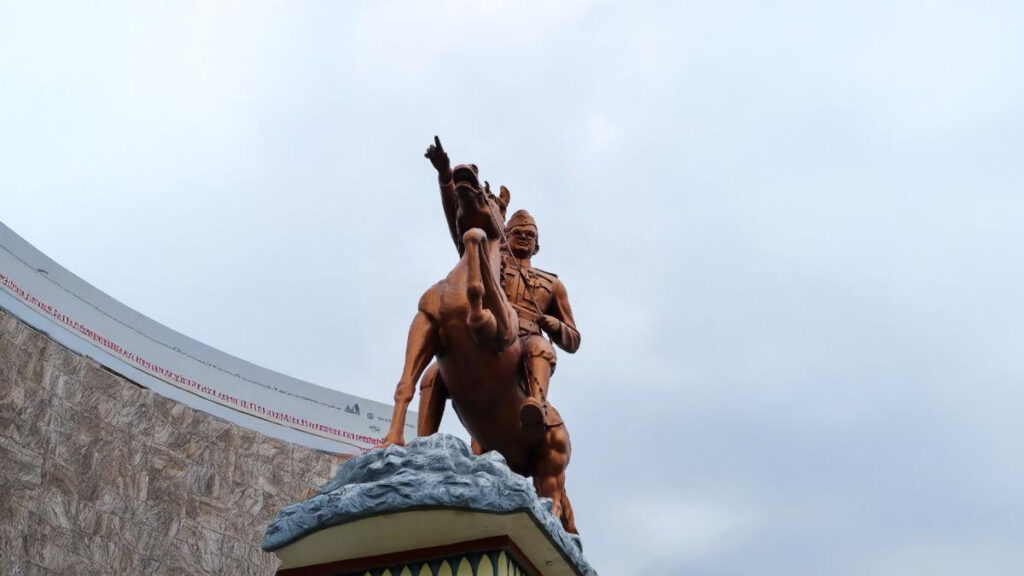
8. The Marriage That Remained a Secret
While in Europe, Bose married Emilie Schenkl, an Austrian, in 1937. They had a daughter, Anita Bose Pfaff, who later became a prominent economist in Germany. Despite being miles apart, Emilie supported Netaji’s mission wholeheartedly, reflecting the sacrifices they both made for India’s independence.
9. Renaming the Andaman and Nicobar Islands
In 1943, Subhash Chandra Bose renamed the Andaman and Nicobar Islands as “Shaheed” (Martyr) and “Swaraj” (Self-Rule) during his leadership of the Azad Hind Government. This was a symbolic gesture of asserting India’s sovereignty against British rule.
10. Proclamation of the Provisional Government of Free India
On October 21, 1943, Netaji declared the establishment of the Provisional Government of Free India (Azad Hind Sarkar). This bold move demonstrated his vision for an independent nation and inspired Indians to rally behind him.
11. The Indian National Army (INA)
Netaji formed and led the Indian National Army (INA), or Azad Hind Fauj, which aimed to liberate India through armed struggle. With support from Japan during World War II, the INA launched campaigns against British forces, making a significant impact on the freedom movement. This remarkable leadership and his relentless efforts are honored every year on Subhash Chandra Bose Jayanti, as the nation remembers his vital role in India’s fight for independence.
12. Author of ‘The Indian Struggle’
During his exile in Europe, Bose wrote The Indian Struggle, a detailed account of India’s freedom movement. The book was banned in British-ruled India for its revolutionary ideas and remains an important document of India’s colonial history.
13. The Demise That Remains a Mystery
Subhash Chandra Bose Jayanti, reportedly passed away in a plane crash in Taiwan on August 18, 1945, from severe burn injuries. However, the circumstances surrounding his death remain one of the greatest mysteries in Indian history. Many believe he survived and lived in secrecy, leading to endless speculation and theories about his fate.
In conclusion, Subhash Chandra Bose’s life is a testament to his unwavering dedication to the cause of India’s independence. From his brilliant academic achievements to his bold leadership and revolutionary actions, every aspect of his journey inspires awe and respect.
(Disclaimer: The information given here is based on general information. Before adopting it, definitely take medical advice. THE MONK does not confirm this.)

